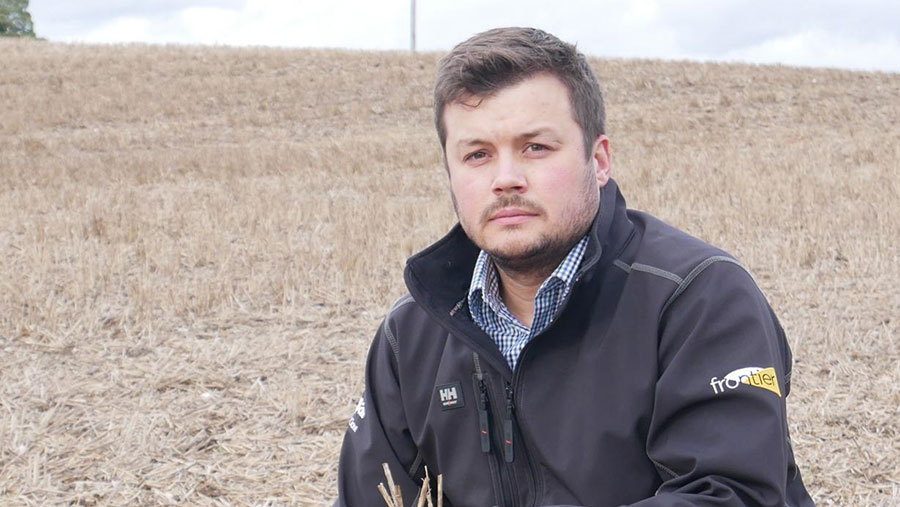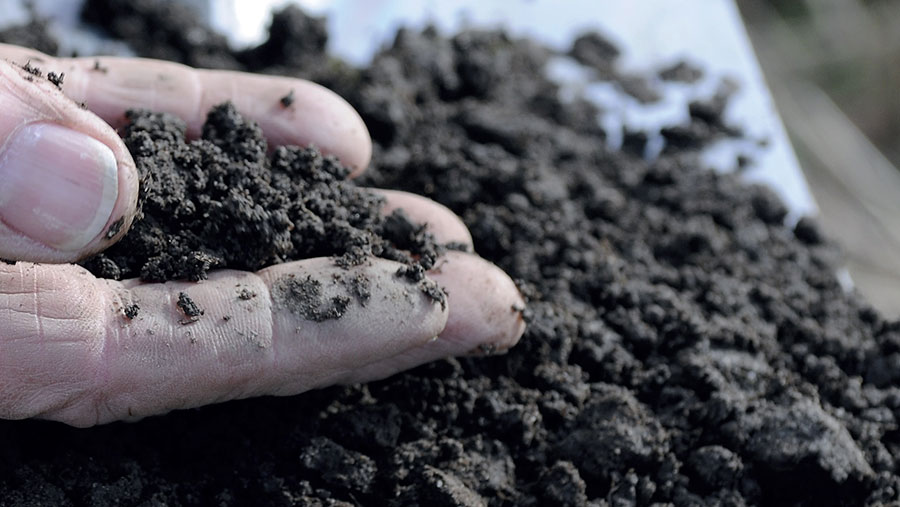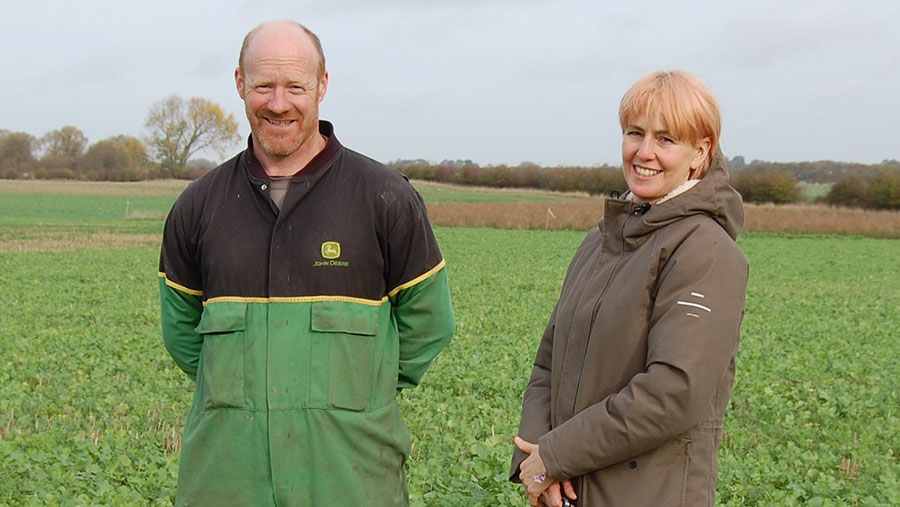Advertiser content
Step-by-step, practical approach is best for regen ag
Provided by
Frontier’s commitment to sustainability is woven into all of our operations and the work we do with farmers, suppliers and partners.
At the very heart of this is sustainable crop production; working with farmers to support long term, viable farming systems that increase the longevity of arable businesses, encourage high-quality food production and help our farmed landscape to become more resilient.
The implementation of a sustainable crop production system requires a holistic approach to overall farm management. What works on one farm may not always be right for another.
We have created a crop production sustainability model that covers seven focus areas: soil health, crop growth cycle, environmental management, compliance, carbon management, digital solutions and regenerative agriculture. By exploring the ways they are linked, we help farmers to take a considered, whole-farm approach to achieving sustainability objectives.
Find out more at frontierag.co.uk/sustainable-crop-production
More and more farmers are considering a regenerative approach, particularly when it comes to cultivation and crop establishment.
However, there are challenges and not all aspects of regen are suitable for every farm straight away.
“If considering regen agriculture, the first thing is to really understand the principles,” stresses Frontier break crop production and sustainability specialist, Rob Nightingale.
“It is about having less soil disturbance, more plant diversity and having as many living roots as possible, together with preserving soil cover. These are all sound foundations for improving soil health.”
The old adage that you can’t manage what you can’t measure certainly applies to regen agriculture, and Rob says anyone considering adopting regen techniques should start by assessing the current status of their soil.
“There are lots of tests and benchmarks available, such as Frontier’s Soil Life Fundamentals analysis, but simply digging a hole with a spade is a good start.
“If you want to improve soil biology, then you also need to understand its physical and chemical elements.”
While regen agriculture is often associated with direct drilling and minimising tillage, it is important to take a rotation-based approach. Tillage, such as ploughing or subsoiling, is not automatically a bad thing.
“It is about doing the right thing at the right time, so waiting a few days until soil conditions are better, for example,” he explains.
“You can still grow potatoes or sugar beet in a regen system, you just have to be prepared to fix any issues and build resilience over the rest of the rotation. You can still have good soil health.”
Rob says that growers often need to try different techniques to see what works for them.
“Don’t be afraid to try something and then change tack if it doesn’t work. Just because you’ve bought a direct drill and are ‘starting again’, it doesn’t mean that problems will solve themselves overnight.
It’s about building a system to reduce reliance on one set of tools. The likelihood is that you will still need access to fungicides, herbicides and nitrogen fertiliser, but you’ll also need to spread the workload.
A mixture of winter and spring cropping will not only increase diversity, but it gives you a longer working window to get things right.”
Above all, he advises that newcomers to regen agriculture take a targeted approach according to what they are trying to achieve.
“Do you want more insects or more organic matter? Are you aiming for easier crop establishment, longer drilling windows or soils which can take more rainfall?”
Most importantly, Rob warns growers not to get hung up on details before getting the basics right.
“Keep it simple and try to do a couple of things well, rather than trying to do everything. Measure and understand what you are doing and take a steady approach with good advice.”
Making gradual changes
Tamara Hall farms on heavy clay land at Molescroft Farm Estate in Beverley, East Yorkshire. She and farm manager, James Brown began adopting regen principles five years ago.
“Sometimes things have seemed like a gamble, but the gamble has never been as bad as we thought,” she comments. “For example, you have to accept that some years the cover crops won’t be as good.”
“I would advise anyone thinking about regen to do it gradually, over the period of a rotation, and not put all your eggs in one basket,” adds James. “Even if that means getting a contractor in to do a percentage of your drilling. Start simply, such as drilling winter wheat into rape stubble.”
“Using someone else also means you have someone who can give you advice,” adds Tamara. “I certainly wish I’d asked more questions sooner.”
More information about Frontier’s sustainable crop production services can be found at www.frontierag.co.uk/sustainable-crop-production.



